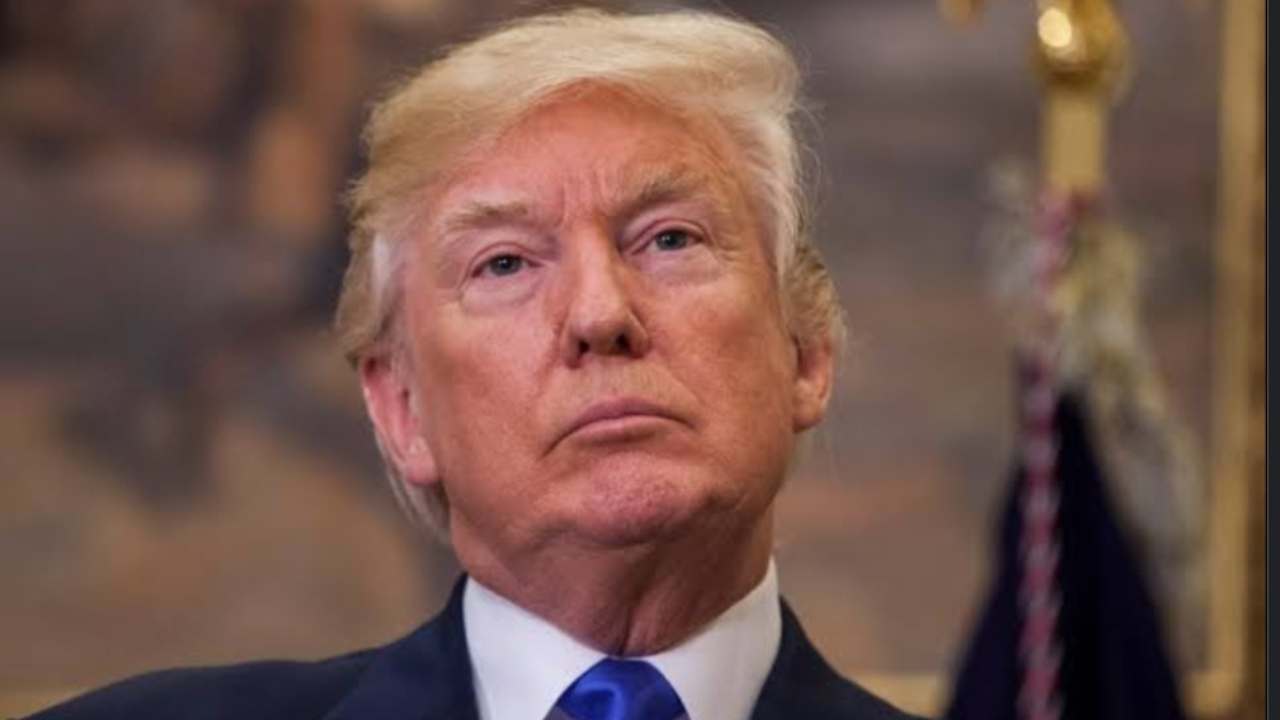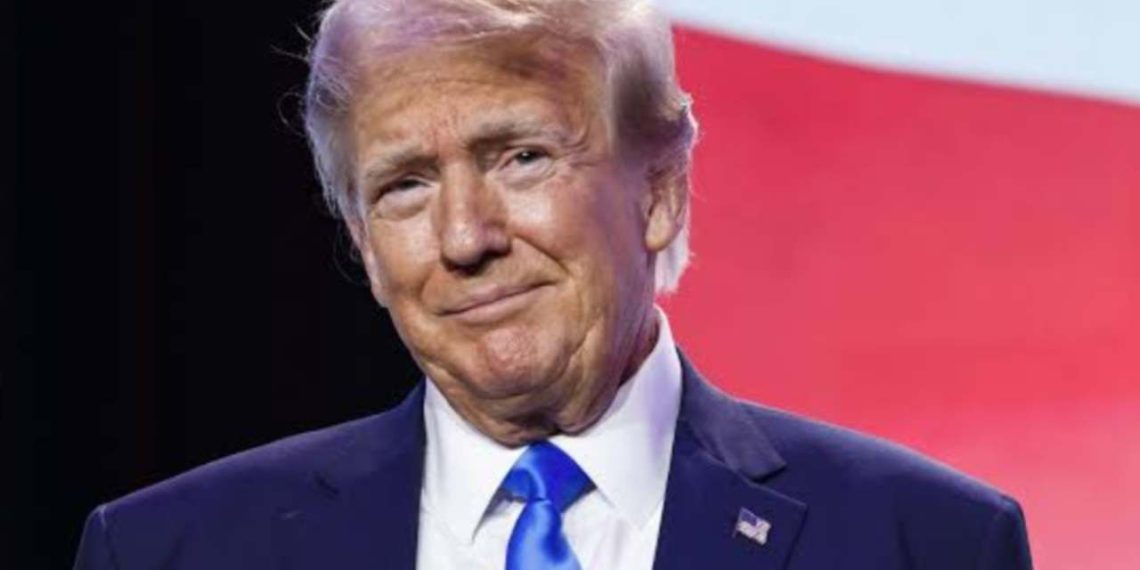Donald Trump secured victory in the Republican caucuses held in Michigan on Saturday, amidst internal party discord, potentially impacting his prospects in the state for the upcoming general election in November.
According to Edison Research, Trump also emerged victorious in the Republican caucuses in Missouri and Idaho on the same day. These wins further solidify his position as the frontrunner for the Republican presidential nomination, leaving Nikki Haley, his sole remaining competitor, trailing behind.
With these triumphs, Trump edges closer to clinching the party’s nomination and sets the stage for a probable rematch with President Joe Biden in the general election.
In Michigan, Trump emerged victorious in all 13 districts participating in the nominating caucuses, as reported by the state Republican Party. With an overwhelming support of nearly 98%, Trump secured 1,575 votes compared to just 36 for Haley.
Pete Hoekstra, chair of the Michigan Republican Party, hailed the outcome as an “overwhelming, dominating victory.”

The caucus, held in Grand Rapids with over 1,600 party insiders, aimed to select delegates for either Trump or former U.N. Ambassador Haley to represent the party at the national nominating convention in July.
Haley faces a dwindling window of opportunity to shift the trajectory of the Republican nominating race. The pivotal Super Tuesday on March 5 looms ahead, featuring primaries in 15 states and one territory.
Trump, having secured triumphs in Iowa, New Hampshire, Nevada, the U.S. Virgin Islands, South Carolina, and most recently in Michigan, Missouri, and Idaho, solidifies his lead as the clear frontrunner.
Despite Haley’s persistence, buoyed by support from donors seeking an alternative to the former president, Trump’s dominance remains unchallenged.
In this election cycle, Michigan Republicans implemented a hybrid nominating system, combining a primary and a caucus. Trump convincingly won the primary on Tuesday, securing 12 out of 16 available delegates.
Subsequently, he claimed all of Michigan’s remaining 39 delegates at stake during Saturday’s caucus.
During one of the 13 caucus gatherings, recognizing Trump’s anticipated landslide victory, participants opted to streamline the process by inviting supporters of Haley to stand up.
Among the 185 voting delegates present, 25-year-old Carter Houtman stood alone in his support for Haley.
“It was a little lonely,” Houtman told Reuters in an interview afterward.
Houtman expressed his inclination to vote for Trump in November’s general election if he secures the nomination. However, he emphasized the significance of standing up for his beliefs during Saturday’s caucus.
“I didn’t like the way that Trump handled himself after the last election,” Houtman said.
Dennis Milosch, an 87-year-old Trump supporter, highlighted the significance of the former president’s resounding victory on Saturday, viewing it as emblematic of the party’s evolution from being aligned with big business to prioritizing the interests of the working class.
“Wherever he goes, whatever he does, he pays attention to, responds to, the average person,” Milosch said.
Rift In Michigan Party
The Michigan contest on Saturday carried the potential for confusion amid internal party turmoil. Months of internal strife, sparked by the ousting of former Republican Party chair Kristina Karamo on Jan. 6, has divided party members. This factional discord intensified as Pete
Hoekstra, endorsed by Trump, assumed the role of party chair, overseeing the convention in Grand Rapids. Karamo had planned to lead a rival convention in Detroit, but it was canceled following a court ruling affirming her removal.
Although some pro-Karamo party chairs convened separate caucus meetings in protest, their outcomes are unlikely to be recognized by the Republican National Committee, which formally acknowledged Hoekstra as the state party chair last month.
Hoekstra, who served as the U.S. ambassador to the Netherlands during Trump’s presidency, expressed confidence in the Michigan Republican Party’s ability to unify around the shared goals of securing the White House, winning a U.S. Senate seat, and reclaiming control of the state House of Representatives.
“There is not a philosophical divide or an issue divide,” Hoekstra said. “This is about getting the party ready to win in November. … The focus is on beating Joe Biden.”
Trump’s triumphs in Missouri and Idaho secured him a total of 54 and 32 delegates, respectively.














